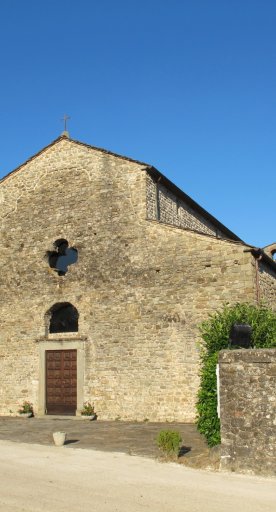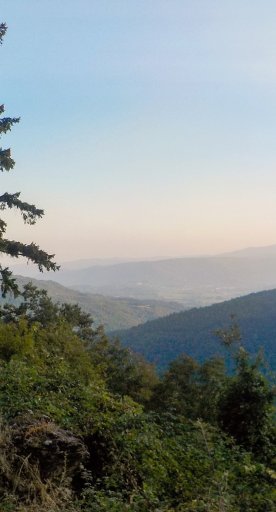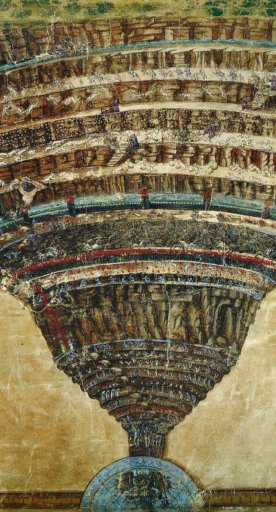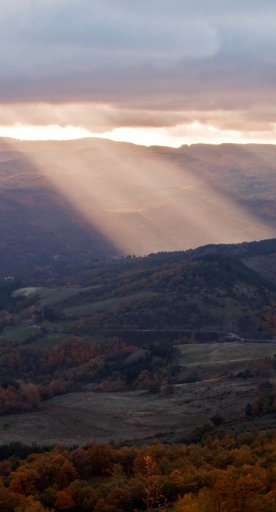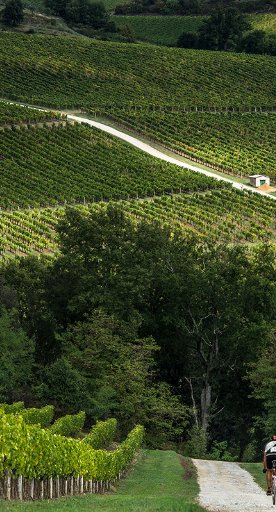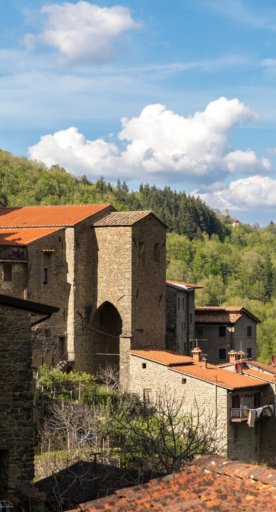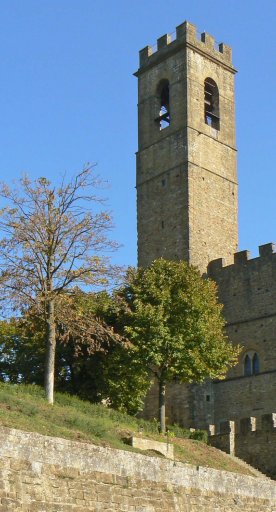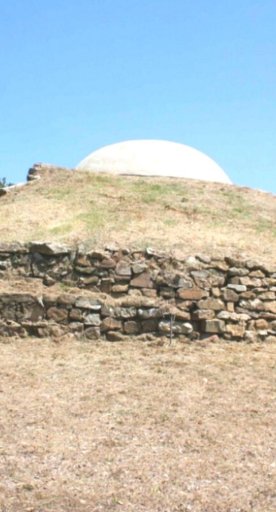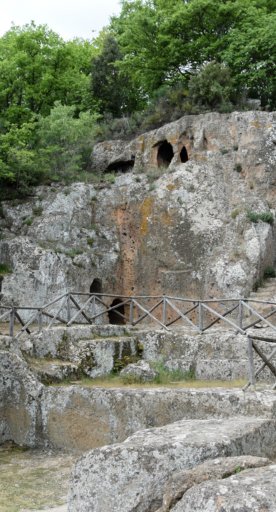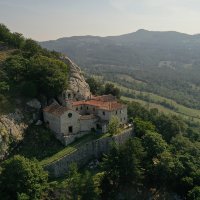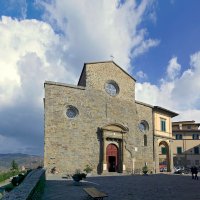Parks and nature reserves along the Via di Francesco in Tuscany
Areas of thriving nature laden with spirituality and history that enrich the journey of discovery of St. Francis
A source of beauty, harmony and creativity, nature has always inspired the thoughts and prayers of St. Francis, finding sublimation in his magnum opus the Cantico delle Creature (Canticle of the Creatures). The territories that step by step are crossed and appreciated by setting out along the Via di Francesco in Tuscany are rich in historic villages and important artworks, but mostly they are rich in landscapes of rare beauty that are home to natural habitats of special value, which is why they are considered nature reserves or national parks that protect their valuable biodiversity and landscape significance.
-
1.Foreste Casentinesi National Park
-
2.The Vallombrosa Forest
-
3.The Alpe della Luna Nature Reserve
-
4.Monti Rognosi
-
5.The parco interregionale del Sasso di Simone e Simoncello
-
6.The protected natural area of local interest Bosco di Sargiano
Foreste Casentinesi National Park
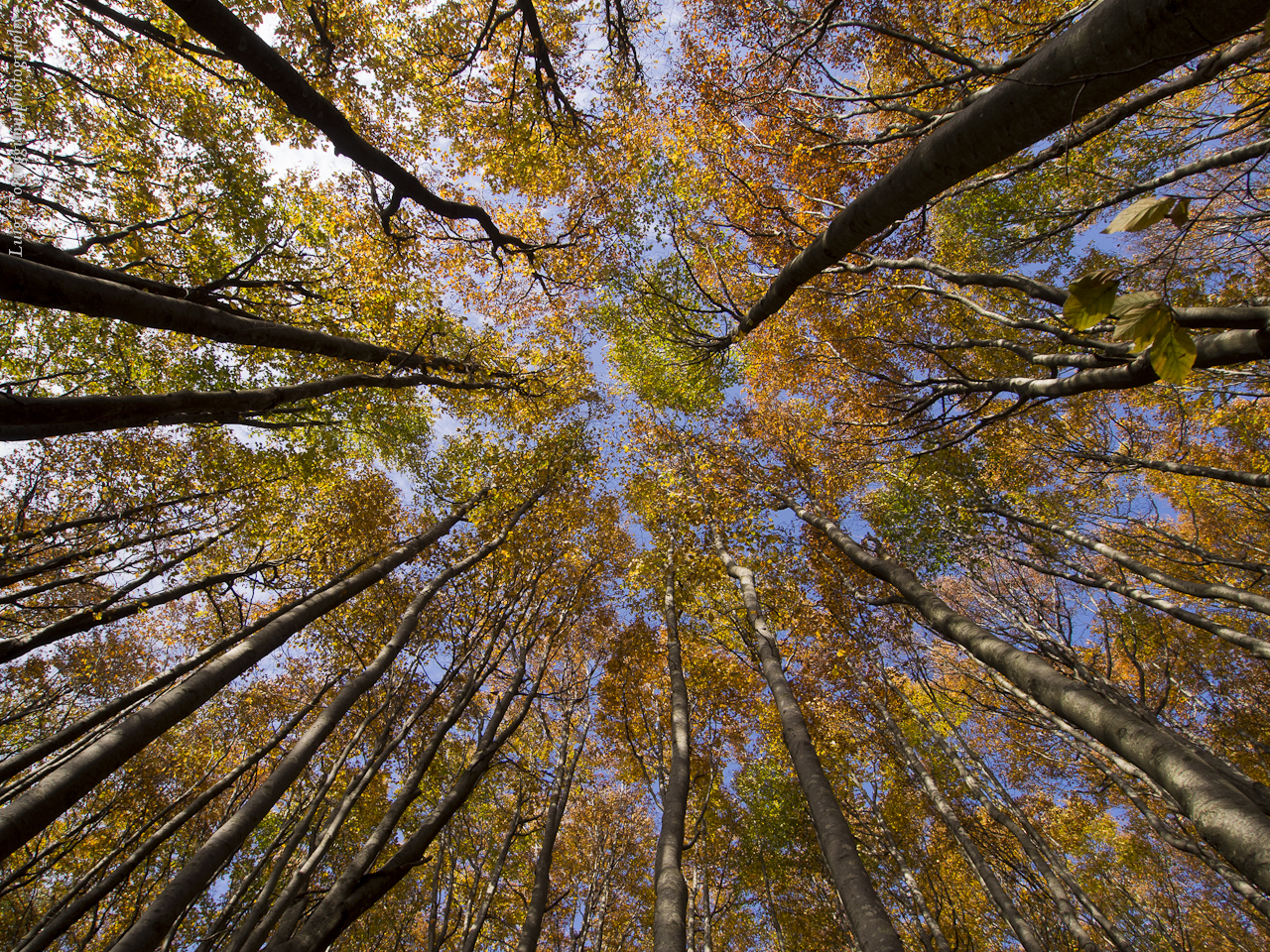
A forest heritage among the most impressive in all of Italy, the parco nazionale delle Foreste Casentinesi, Monte Falterona e Campigna is located on the border with Emilia-Romagna and is home to religious pearls such as the monastery and hermitage of Camaldoli which it encircles with its splendid beech and white spruce forests, and the Sanctuary La Verna, where Francis received the stigmata.
The Vallombrosa Forest
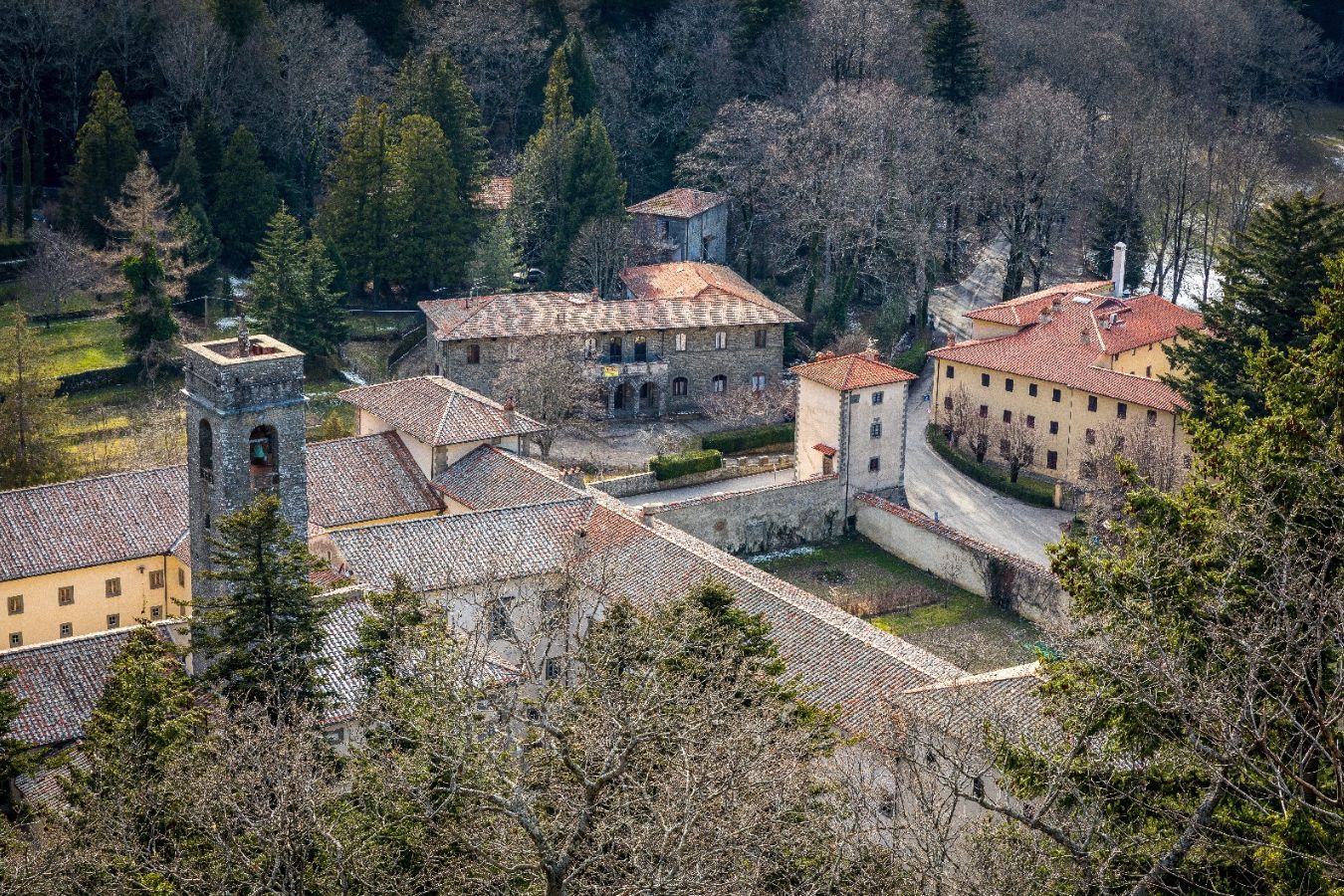
Imbued with silence and spirituality, the Vallombrosa Forest covers the southern slopes of the massif of the Pratomagno, in the Upper Valdarno. A biogenetic state nature reserve that is home to the tallest tree in Italy, the forest was created and governed over the passage of centuries by the monks of the suggestive Vallombrosa Abbey which is embraced with pristine charm and spirituality by the sacred canopies of beech and fir forests.
The Alpe della Luna Nature Reserve
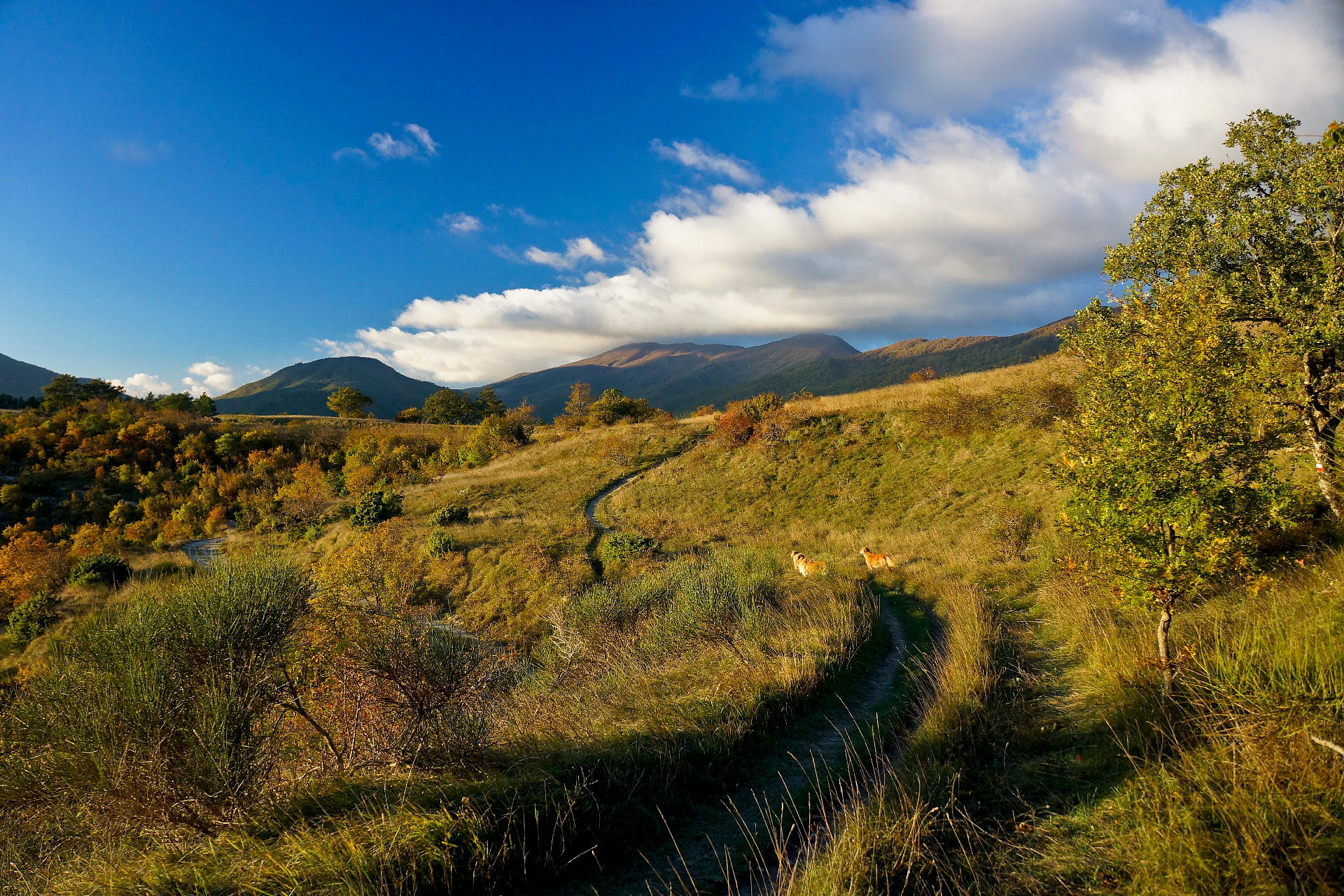
In the splendid surroundings of the village of Badia Tedalda on the border between Tuscany, Marche and Emilia-Romagna, wooded ridges, rock spurs and slopes furrowed by streams, waterfalls and springs mark a rhythm on the beautiful landscapes of the Alpe della Luna. A nature reserve that owes its name to a particular crescent-shaped rock formation, the spectacular Ripa della Luna.
Monti Rognosi
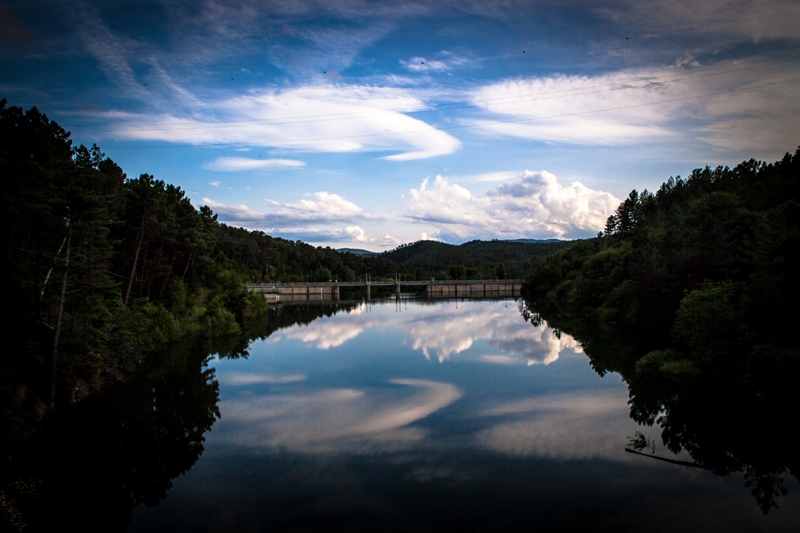
In the Upper Tuscan Valtiberina, but a few kilometers from Città di Castello in Umbria, 1,500 hectares of rugged and spectacular landscapes mark the horizon, the Monti Rognosi. Mountainous reliefs that extend northwest of the village of Anghiari that are famous for their geological peculiarity of being formed almost entirely of ophiolite, from the Greek snake rock, dark green and black rocks rich in the mineral serpentine, on which rare and endemic floristic species vegetate.
The parco interregionale del Sasso di Simone e Simoncello
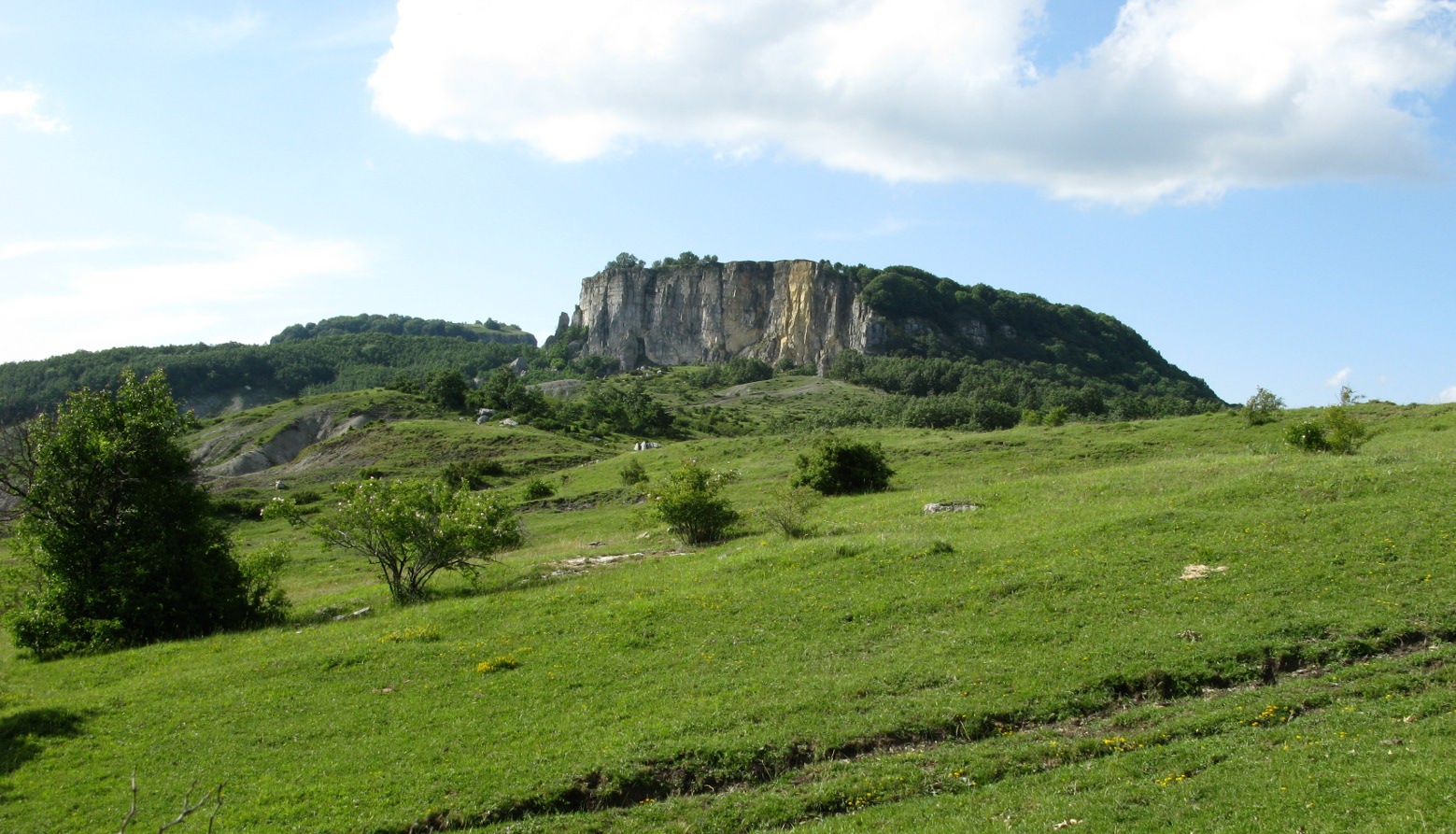
An imposing limestone boulder with a flat top makes its way through the hills of the Tuscan-Romagnolo Apennines between Tuscany, Emilia-Romagna and Marche. Sasso di Simone dominates the surrounding landscape punctuated by forests, pastures, gullies and beautiful historic villages, and together with its younger brother, Simoncello, another huge limestone boulder, forms the nature park. In ancient times it was the site of an ambitious as well as utopian project conceived by the Medici, the City of the Sun, a project that failed in a short time.
The protected natural area of local interest Bosco di Sargiano
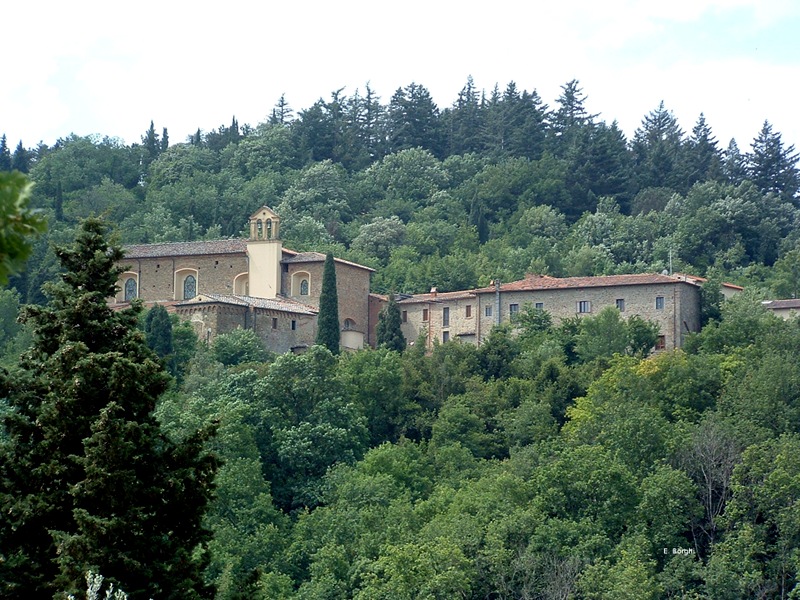
Among the hills in the area around Arezzo lies nestled on a gentle rise the ancient monastery of Sargiano, a former Franciscan convent. An oasis of peace and prayer surrounded by magnificent canopies of oak trees, the Bosco di Sargiano. Bounded by the walls of the monastery complex, 9 hectares of lush greenery that is home to numerous species of vegetation and wildlife.


